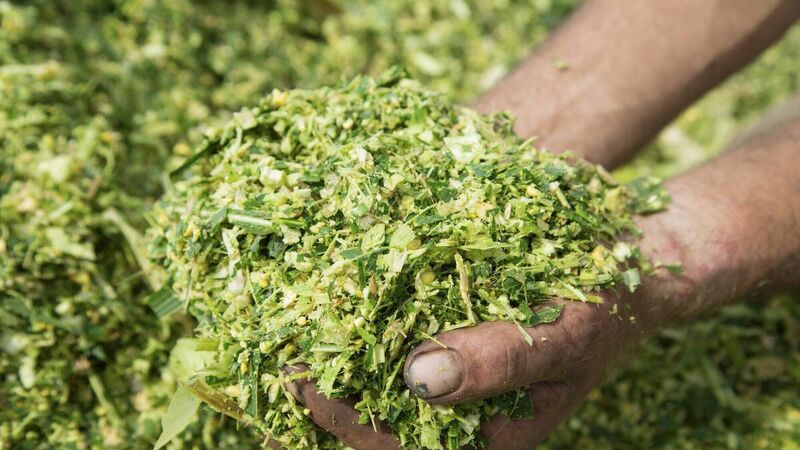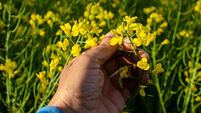Farm View: Could GM fodder be the answer to livestock emissions?

Elysia are initially focused on maize, of which an average US cow eats up to 2.5t every year.
The controversy over whether to slow climate change by turning to nuclear power for low-carbon electricity and heat may soon be matched by disagreements over feeding genetically modified plants to livestock to stop their methane emissions.
In countries where genetic modification of crops is allowed, scientists and their companies are well on the way to "biosynthesising" methane-busting chemicals into feed crops.













